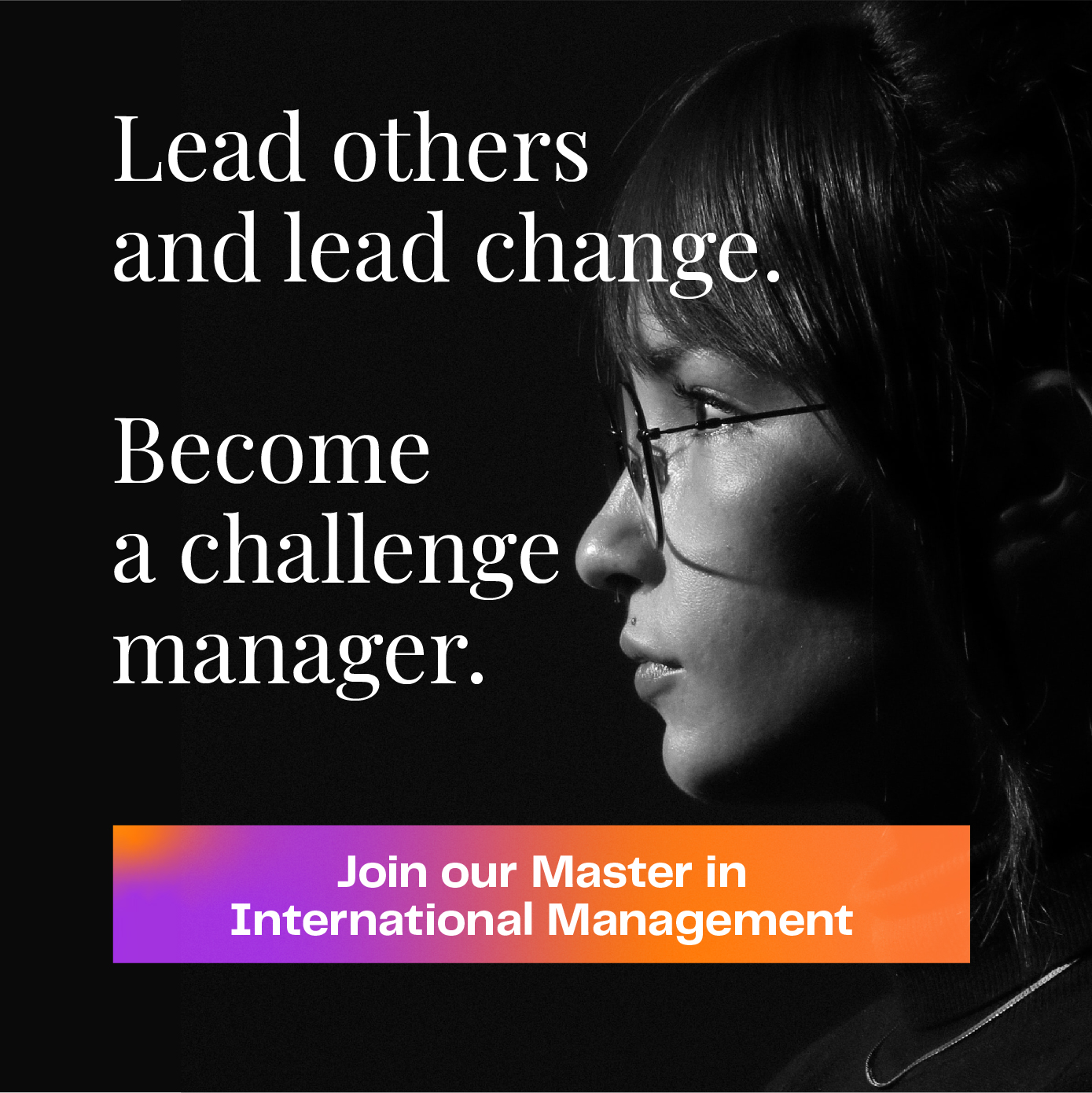There is a proverb that says that the first step is the hardest but the last step is a miracle. The university process is such a transformative life experience that it can make us wonder: Are we the same person who walked into college for the first time on the day we finally graduate?
Plucking the daisy
Choosing which degree to study from among the handful you like without knowing very well what you will find, or whether the preconceived idea you have about that degree will correspond to the reality in the classroom, has a merit that is not sufficiently valued.
Let's assume you got it right the first time - there's nothing wrong with getting it wrong and enrolling in another faculty the following year - so you study hard to finish your 4-year degree.
Now what? A crossroads: do I go to work, do I study for a Master's degree, a second degree, do I study and work at the same time, do I have the same interests as when I started my studies or have they changed?
Every student knows his or her own situation better than anyone else and has to make a decision based on his or her interests, but it doesn't hurt to remember some basic points that can pave the way:
It's ok to be uncertain
It is healthy to be uncertain in life. There are people who have a clear path to achieve the goals they have set for themselves, and that's fine. Just as it is perfect to stop and think, take perspective, consult with reliable people and contrast ideas when what is at stake is your professional future. In the long term and in general, hesitation offers more certainty than going for broke. And the best thing is that you can always change your mind.
Don't get trapped by your degree
Higher education is a qualitative endorsement of your job prospects that should never pigeonhole or limit you. A particular degree is a springboard, the beginning of a leap, never a cage. Just because a piece of paper says that you are qualified for certain tasks does not mean that you cannot do many others.
Consider your talents and try to bring them out
You have to look inside yourself and be honest. Seriously ask yourself, what skills do I have to offer? What are my strongest personality traits? and What do I do best? You know what comes naturally to you better than average. Which, if you were a brand, could be defined by: What is your competitive advantage?
Work environments matter
In college, do you feel more comfortable in the lecture hall or in focus groups, do you dilute yourself in group work or does it bring out the best in you? These indices can help you decide which size of company best suits you. Also consider whether the face-to-face, hybrid or remote working model might affect your performance.
Make a list
Write down in one column the tasks you enjoy doing and in the other column the ones that don't motivate you. Do you enjoy working face-to-face and building human relationships in your day-to-day work? Do you prefer research or desk jobs where you can think and theorize? Maybe you should consider these job recommendations according to your personality type.
Decision-making over and over again
Making decisions over and over again, that could be a simplified summary of life. Learning to be wrong could be the subtext, the implication of which is to make other decisions that alter the final outcome. Are you ready for it?
Take a look at our Master's degree in International Management, in Finance and in Talent Management, we're looking for you.


